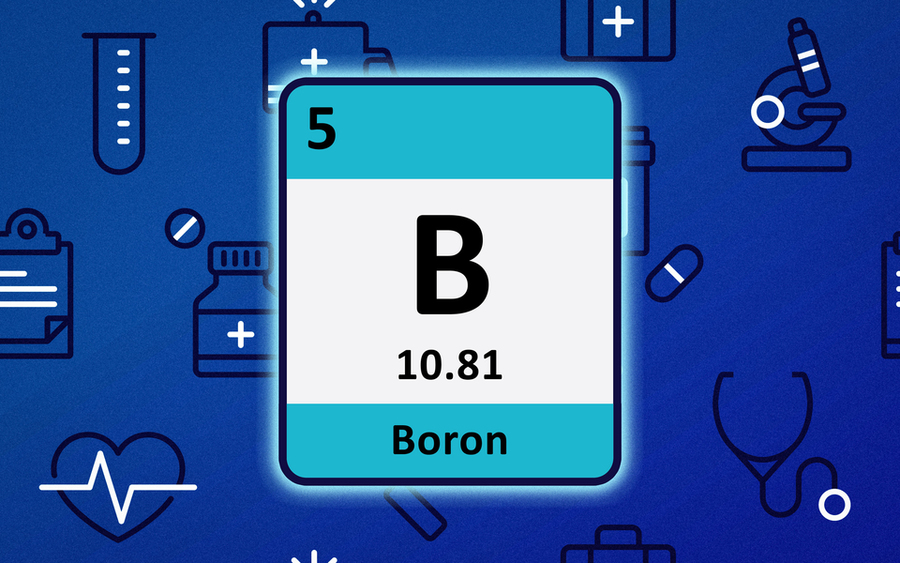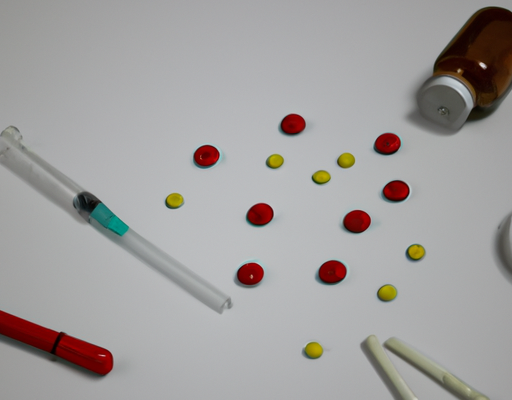Bor – a necessary microelement for the organism, playing an important role in exchange of substances, prevention and treatment of bone diseases. The name comes from the Latin “borax” – boron.
The adult human body contains about 20 mg of boron. More than half of the total amount of boron is found in bone tissues, boron is also found in the liver, kidneys, lungs, spleen, muscles, nervous tissue and brain, blood and adipose tissue.
Boron in the human body performs a number of functions:
- improves the structure of the skeletal skeleton
- improves the exchange of calcium, phosphorus, fluorine, zinc and magnesium
- also affects the transformation of vitamin D in the body
- normalizes the exchange of nucleic acids
- supports and stimulates protein synthesis
- is involved in the regulation of the activity of the central nervous system
- influences the functions of the sexual glands and the thyroid gland
- contributes to the growth of muscle mass
- prevents kidney stones
- prevents joint and spinal diseases
- helps women during the climacteric period
- participates in enzymatic processes
- increases hormone levels, in particular testosterone and estrogens
- plays a significant role in the exchange of carbohydrates and fats, several vitamins and hormones, affects the activity of certain enzymes
The daily requirement of a healthy adult is about 1 mg, which is completely covered by food products.
Symptoms of boron deficiency and overdose.
A lack of boron in the diet in sufficient quantities can play a role in some disorders, decreased mental activity, osteoporosis, anemia, thrombocytopenia, delayed growth in children. In women during the post-climacteric period, a deficiency of boron causes deterioration of mineral metabolism and bone tissue condition.
Boron is an toxic element. The limit of the average daily safe dose of consumption of boron for humans is 12-14 mg. An overdose of boron can lead to irritation of the gastrointestinal tract. With prolonged exposure, digestive processes are disturbed, boron intoxication occurs, which can affect the liver, kidneys and central nervous system.
Sources of boron: legumes, nuts, root vegetables, tomatoes, pears, prunes, honey, seafood, figs, grapes, apples, beer, wine. Meat, fish products and dairy products are poor in boron.
In Israel, where high concentrations of boron in drinking water are present, arthritis and arthrosis occur in only 10% of the population, while in countries where water and food are poor in this substance, the figure reaches 70%.





No Comments